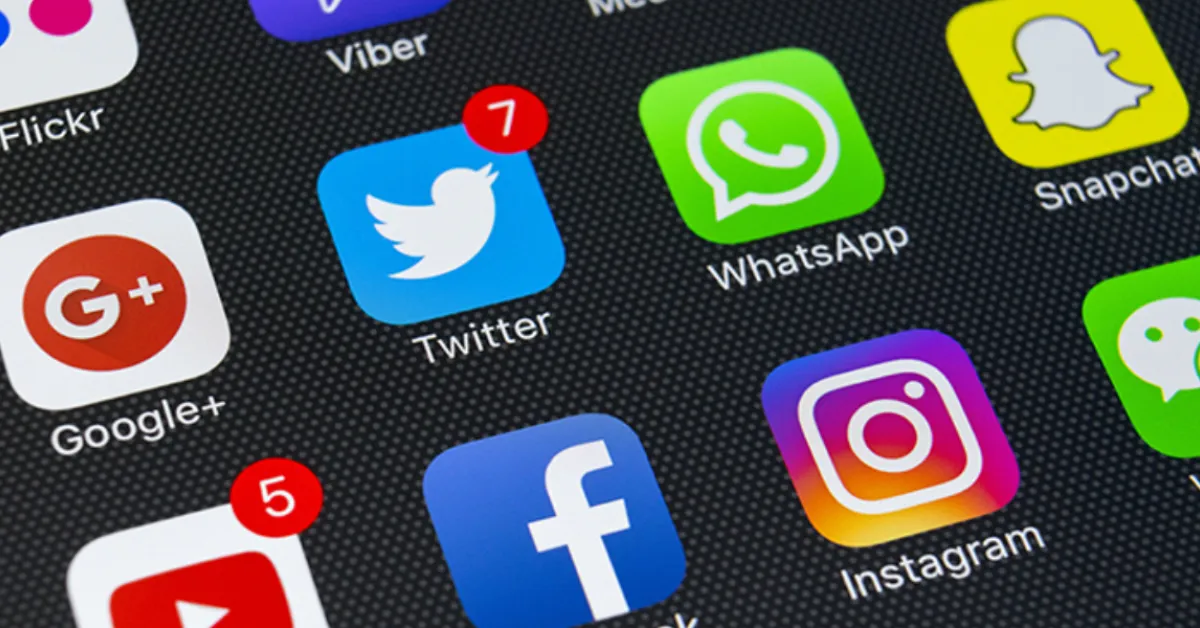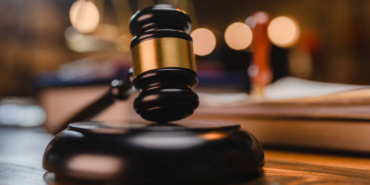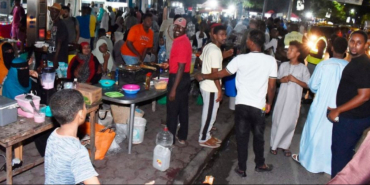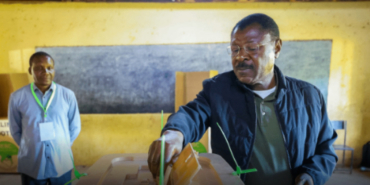Kenya to Tighten Social Media Control as Government Battles Online Critics

Kenya’s government has announced new measures in response to a rising wave of cyber-attacks and misinformation increasingly attributed to social media users.
The government now mandates that all social media platforms operating within Kenya must establish physical offices in the country. This move follows the government's concerns over what they describe as the "growing abuse" of these platforms, particularly in light of negative publicity surrounding recent events. On Thursday, two official statements were issued by the government, highlighting its worries about online misinformation that they claim seeks to undermine national credibility.
The Ministry of Foreign and Diaspora Affairs communicated these concerns to the diplomatic community, citing a shift from genuine protests among the youth regarding the controversial Finance Bill to what it characterizes as efforts to delegitimize government initiatives and intimidate international partners. The backdrop for these concerns includes significant public outcry regarding an upcoming state visit from the Dutch royal family, with approximately 300 emails from Kenyans requesting the trip's cancellation due to ongoing kidnappings in the country.
Despite this, the Dutch government has reaffirmed that the visit will proceed. Additionally, social media users have scrutinized Raila Odinga’s candidacy for the African Union Commission chairperson. Further criticism emerged following revelations from a whistleblower about an airport expansion contract awarded to a company linked to Indian tycoon Gautam Adani, who is currently facing fraud allegations in the United States. The Kenyan government subsequently cancelled this contract.
Officials claim that the criticism from citizens has included deepfakes, AI-generated images, and fabricated narratives. The Ministry is working on a Technology Responsibility Charter aimed at fostering accountability and promoting ethical standards within the digital landscape. The government’s approach has sparked debates over whether it is attempting to suppress dissent and curtail accountability.
On January 16, Interior Principal Secretary Dr. Raymond Omollo held discussions with representatives from telecommunications and social media companies to address challenges associated with harmful online content. The Ministry has underscored the urgent need to tackle issues such as harassment, hate speech, and incitement to violence. In light of these developments, the directive for social media organizations to establish a physical presence is significant, as currently only Google and Microsoft have offices in Kenya, indicating that most major platforms will be impacted.
This requirement emerges amid heightened activism among the youth against corruption, oppressive taxes, and the abductions of government critics. Over recent months, satirical content targeting President William Ruto and other officials has circulated widely, utilizing platforms such as WhatsApp and X. The backdrop of these actions includes the historic Gen Z protests which resulted in a storming of parliament, largely mobilized through social media outlets including X, TikTok, Facebook, WhatsApp, and Zello.
The Communications Authority of Kenya reports that Facebook, WhatsApp, and TikTok have seen significant user growth since 2022. Recent statements from President William Ruto, Prime Cabinet Secretary Musalia Mudavadi, and Interior Cabinet Secretary Kipchumba Murkomen suggest a tightening of controls over social media, cautioning that the freedom of speech invoked by users comes with “limits.”
This is not the first occasion on which the Kenyan government has targeted major technology companies in attempts to mitigate disinformation; a prior threat by the National Cohesion and Integration Commission in 2022 to ban Facebook for ineffective content moderation did not materialize. The trend of increasing internet censorship in Kenya is alarming, with a reported loss of Sh9.7 billion incurred due to internet shutdowns last year. This included a 21-day restriction on Telegram and a seven-hour total internet outage in June during protests.














Comments
Oppression and dictatorship…
Permalink
Oppression and dictatorship to follow
The government must be held…
Permalink
The government must be held accountable.
RUTO MUST GO!
Add new comment